The Chief Executive Officer and Founder of EtinPower Limited, Yinka Omorogbe (SAN), tells FAITH AJAYI about her career as an academic and entrepreneur, as well as her sojourn in the legal space and energy industry
You have an extensive background in law and energy. What initially sparked your interest in energy law?
I think it is something I was meant to do. My interest probably came from my petroleum and energy law lecturer, Dr Kola Adeniji, when I was at the Obafemi Awolowo University, Ile Ife, Osun State. He was the one who stimulated my interest in that area. I took it as a final year course, but he died about a year or two later. As I continued to do research, and even while studying for my Master’s degree, I discovered that I functioned better within the international legal system. I could see all the linkages that were in the trading system, and I had come to like petroleum and energy very much. But, I was able to situate it very much within the international system, particularly international economic law. So, that sort of strengthened my liking for that area.
As the first female professor and Dean of the Faculty of Law at the University of Ibadan, what challenges did you face, and how did you overcome them?
There were no challenges whatsoever. It was very boring. I have largely found that academia is not a place where gender issues are prevalent. At least, they were not prevalent during my time so, there really wasn’t a difference between a female dean and a male dean. I was happy to be the first, and I only consciously discovered that I was the first when I became the dean. It didn’t even strike me that I was the first woman to be a full sub-dean, and I think it is because some women were senior lecturers who had acted as dean before. So, it wasn’t a big deal.
Can you share some of the most significant milestones in your legal career, particularly in your time at NNPC?
I was not in counsel at all but I had been working in the energy area for a very long time. So, I really don’t know if anything particularly stood out. But, in terms of experience, NNPC is an organisation with many structures and processes. That was something I came to understand and value. I also came to value the calibre of people that worked there, because generally speaking, there are very clever people that work in NNPC. Notwithstanding the different things that have happened in the oil industry, it is true to say that it made me have a very healthy respect for the industry, notwithstanding the many negatives and pains that abound all over.
How has your academic experience influenced your work in the energy sector, particularly your approach to legal and policy issues?
I have approached everything from the perspective of an academic, so whatever I list out has to be rigorously well-researched. It is very difficult for you to convince me about anything if you don’t have hard empirical evidence backing whatever it is that you are saying. Of course, when you are dealing with legal and policy, I’ve worked in legal for a long time. I have read multiple contracts, and done research with other legal jurisdictions, and I believe I have an understanding of the industry. So, whatever knowledge I have has assisted me very much in everything I have done. Being a researcher has impacted everything else in my life.
What are some key differences you’ve observed in the landscape of energy law from when you began your career to now?
The major one is an emphasis on energy, as opposed to petroleum. When I started, I was teaching Petroleum and Energy Law at the University of Benin, and that was what we taught. Now, everything is turning to energy. The petroleum summit has turned to the energy summit, and everybody is emphasising that fact, but they are not just putting enough efforts.
Within Nigeria, the key difference is the advent of the Petroleum Industry Act, but I would have loved to see traffic, though there hasn’t been much of that. We are still evolving, but at a slow rate.
You were involved in the development of the Petroleum Industry Bill. What were some of the biggest challenges you faced during that process?
The reform was not an easy process. That was why we submitted the first draft in 2008, and finally passed (a draft) in 2021. The pushback against reform was massive, and is still massive. That was why we had a bill that became an act, and has not been fully implemented. The greatest challenges were from the people who opposed the reform of the industry. And, they are still around.
How do you see the future of energy law evolving, especially with the global shift towards renewable energy?
The shift is inevitable, especially with what is going on in different countries. That tells me that Nigeria has to utilise its resources— crude oil and natural gas— for the good of the people. I have seen how it’s possible. Petroleum will remain, but its use will continue to shrink.
Your work at the Nigerian Institute of Advanced Legal Studies focuses on sustainable energy. What do you believe are the biggest obstacles to achieving access to sustainable energy in Nigeria?
First is an understanding of the importance of energy, because if we understand what energy is to us, we would not have this abysmal electricity situation we have right now; and we definitely wouldn’t have constant fuel queues all the time. So, one is the realisation of the importance of energy.
Second, the money needed to do this, and the willingness of the government to find the money. It is a big issue for a country, where half of the people don’t have access to modern energy. That is a tragedy.
What inspired you to found EtinPower Limited, and what gap in the market were you aiming to fill?
My answer to the question above inspired me to start the company, because I was really concerned about areas that had no energy—zero electricity. I felt I needed to walk my talk, and try to make a difference.
What are the most rewarding projects you’ve undertaken through the company in providing solar electricity to off-grid communities?
Anytime one lights up an off-grid community, it is a significant project. We have lit up three communities in Edo State, and there are several more communities in the pipeline that we are trying to light up. Each time we bring light to a community that never had electricity, it is a big thing.
What do you think are the most critical reforms needed in the oil and gas sector?
The most critical thing we have to do is implement the PIA. It is not perfect, and there are things there that people, including me, are critical of. But, it is much better than what we have now. We should implement the provisions that relate to the mid-stream and downstream sectors of the industry. There are many issues there that need to be implemented, but the downstream was a completely unregulated area. Nigeria can never have development if it doesn’t fix its midstream and downstream sectors. Those are the areas of the oil industry that directly impacts Nigerians. We can’t be concentrating only on food. We need to make sure that we implement our laws.
We need to get the buy-in of people at the highest possible level. There are huge interests that are vested in the malfunctioning of the industry. It is not sufficient to have laws; they have to be implemented.
What is the most significant challenge in running a renewable energy company?
I have had different challenges but I don’t really see things as challenges, but hurdles. But, then a reoccurring issue is money. We have moved on so far and have been fortunate that two major brands have assisted us. Money is the major challenge but I’m working on that. We are lucky that in Nigeria, there is a good legal and regulatory framework.
Also, there is a strong association that is coming out as the premier association and umbrella body, where people can come together and share ideas.
Given your different roles as an academic and entrepreneur, how do you ensure work-life balance?
Women get asked about work-life balance and not the men, because we expect men to be imbalanced (laughs). Anyway, I just worked at it right from when I started. It is a question of what you want to be and what you want to do. Early in life, I came across a book and in it, there was an exercise where readers were asked to draw what they wanted to become in future. I drew myself at a desk with my husband, children, and computer all around me. So, I knew I wanted it all, and was ready for the extra work that came with it. I have tried to do the best I can. It helps to have an understanding and supportive husband, such as mine. I have also always had home helps. Having help or paying for the best childcare you can afford helps as well. Also, going the extra mile. I have been to several countries for different reasons but I know nothing about those countries, because I was always running back home, so I didn’t spend extra days moving around. I usually left as soon as I could so that I could get home to be with my family.
How do you unwind and recharge?
If I can, I sleep well, and that helps to a great extent. I also like to go out for dinner, which helps me unwind. I would have said exercise, but I don’t do that as much. I also watch movies and TV series, such as The Big Bang Theory, and Mount Zion Christian film series. I don’t like watching serious things. I unwind a lot from a Christian perspective. Attending fellowships and prayer helps me unwind too.
I tend to recharge in my house, because I am an introvert. Even when I travel, I recharge myself. Some people recharge by meeting with other people, but not me.
Who are the mentors and support systems that have been crucial in your journey?
Nowadays, there is a lot of talk about mentorship. I had role models but it is only now that mentoring is becoming a big deal. In my time, we moved on somehow without consciously having mentors. However, I had role models, such as my mother, who was a Sierra Leonean. She was actually Sierra Leone’s first female doctor. The medical profession was a mentoring profession, so she had a lot of doctors around her. Aside from that, a lot of the younger professional women in her town were close to her. She was a role model to me.
At OAU, there was no female law lecturer when I was there, but I didn’t notice that. I was taught by a female professor, who was another ‘subconscious’ role model of mine. I only realised that my mother was a role model about 15 years ago when I was been interviewed. Professor Ayodele Ajomo was also a mentor to me. I had many male mentors, so, I knew I had to work as hard as any man could.
What advice do you have for young professionals, particularly women, who aspire to careers in law, energy, or entrepreneurship?
It is only in the past few years that I have consciously grown to see and know more about gender inequality. Otherwise, I was brought up in an independent house, so we just got up and did whatever we had to do. That is what I would tell any woman— get up and do whatever it is you want to do. But, as a woman, you have to realise that it’s going to be harder, because the work-life balance will always play out. That, especially in this society, translates to women doing more work.
Even if a woman is the president of the country, and her house is dirty, she would still be blamed. So, we always have to do a bit more than the men. A lot of young women expect that when you talk of mentoring and you are in the same office for example, they expect you to understand that when they go pick up their children from school, they don’t have to return to the office. That is not mentoring; it is ‘nannying’, and I’m not a nanny to anyone.
So, I tell them they can be anything they want and I’m very convinced about it; there are no limitations at all.
What values have you instilled in your children, and is any of them showing interest in following in your footsteps?
No, I have no lawyer or academic amongst my children, but I have three entrepreneurs. My children are all entrepreneurs. The values I instilled in them are hard work, that they can be anything they want to be, and honesty.
What are the family traditions or activities that you cherish the most?
Oh, very easy, Christmas. I love Christmas, and it is the best time of the year for me. It is a time I see as family time, so I cherish having my family around during that period. That is a tradition I picked up from my family, because it was a big deal in my house while growing up. All my life, unless I was out of the country, which was very rare, even as a single person, I always spent it with my family.
Who has been your biggest support system in your personal life?
My biggest support system is my husband, and that is why people should be careful about their choice of spouse. I did not know he would be my support system when I married him, but he is my biggest supporter now. My parents were also my support system. If they were alive, they might have outstripped him (husband). They always supported me.
One’s greatest influences come from one’s childhood and I was greatly influenced by my mother.
Also, my father was a successful lawyer, and I’m following in his footsteps as well. He was the first Benin lawyer and a Queen’s Counsel (which is an equivalent of a Senior Advocate of Nigeria). My father was the Attorney General of the western region in the First Republic so, becoming Attorney General of Edo State was something I really liked.
How do you stay motivated and inspired, especially when facing challenges in your personal life?
I always run to God. Also, I listen to my body, and when I need to rest, I do that. But, the main recharge is from God, because that is where I get rejuvenation.

 2 months ago
8
2 months ago
8

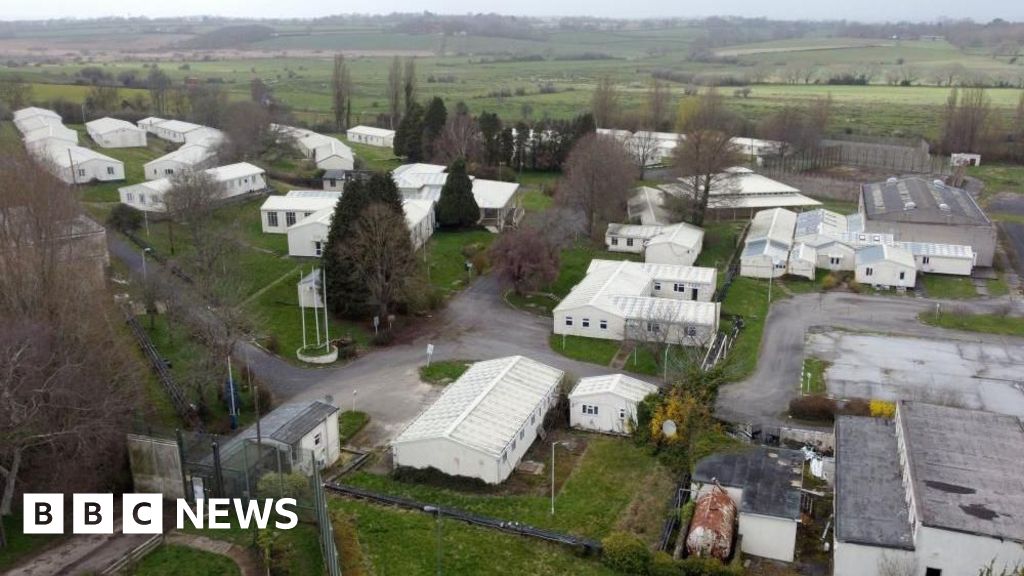
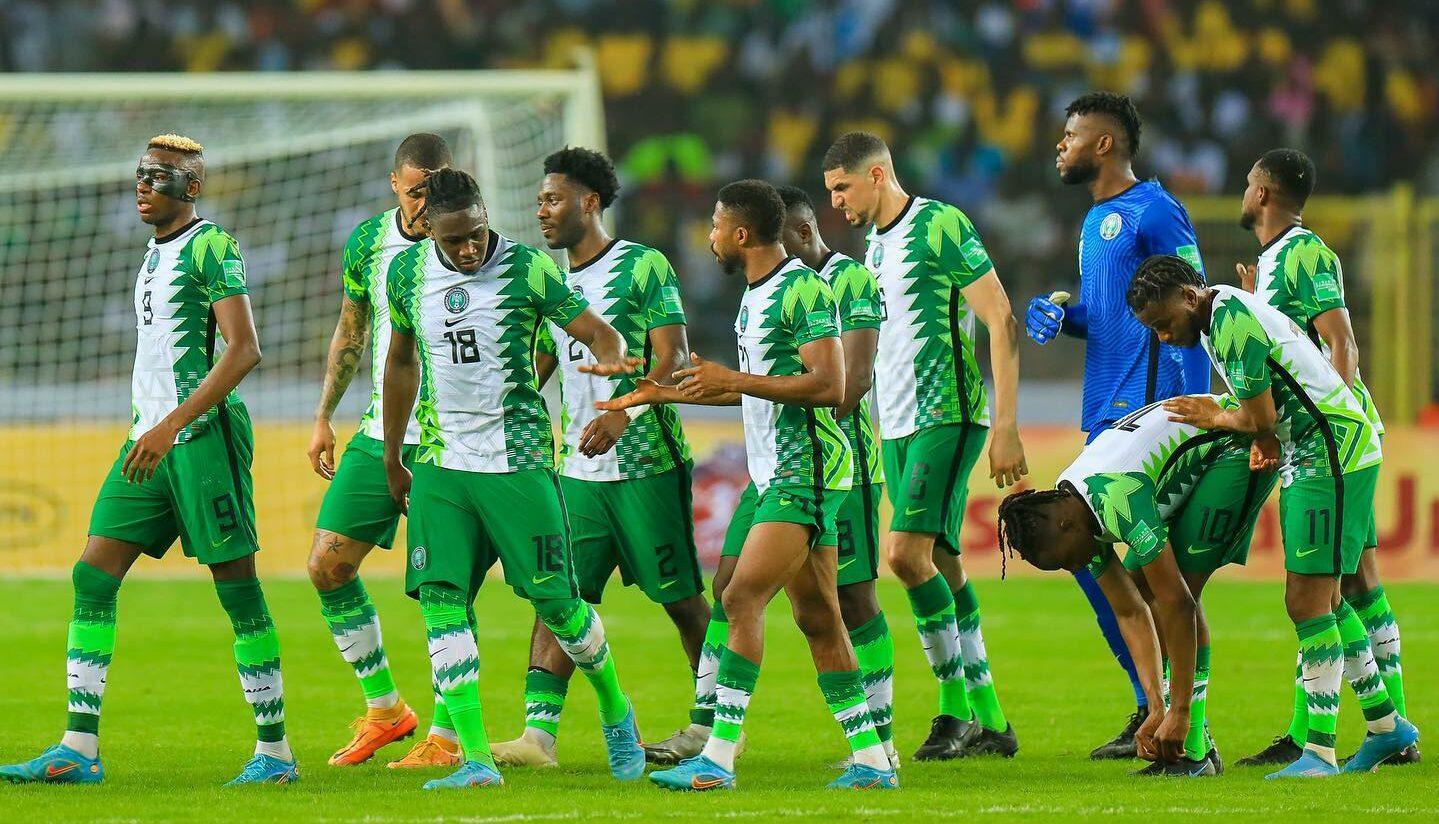
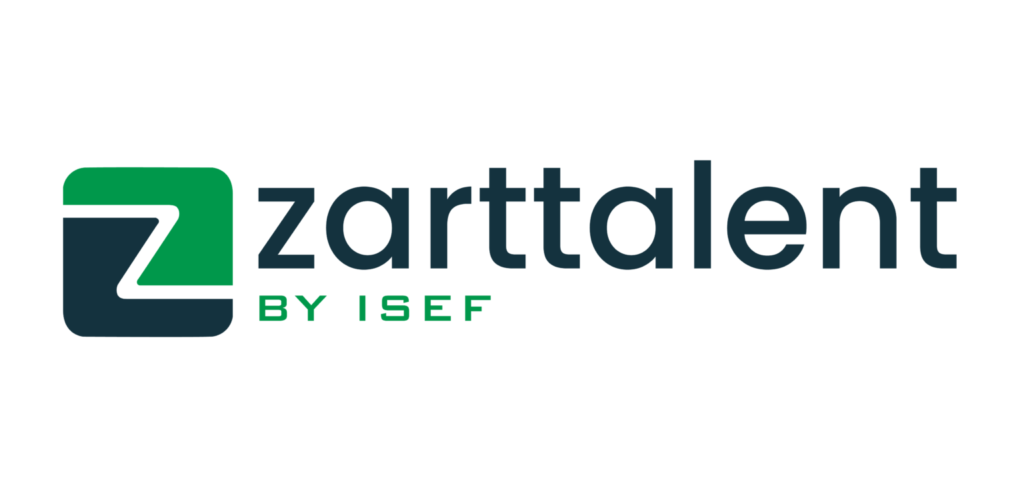
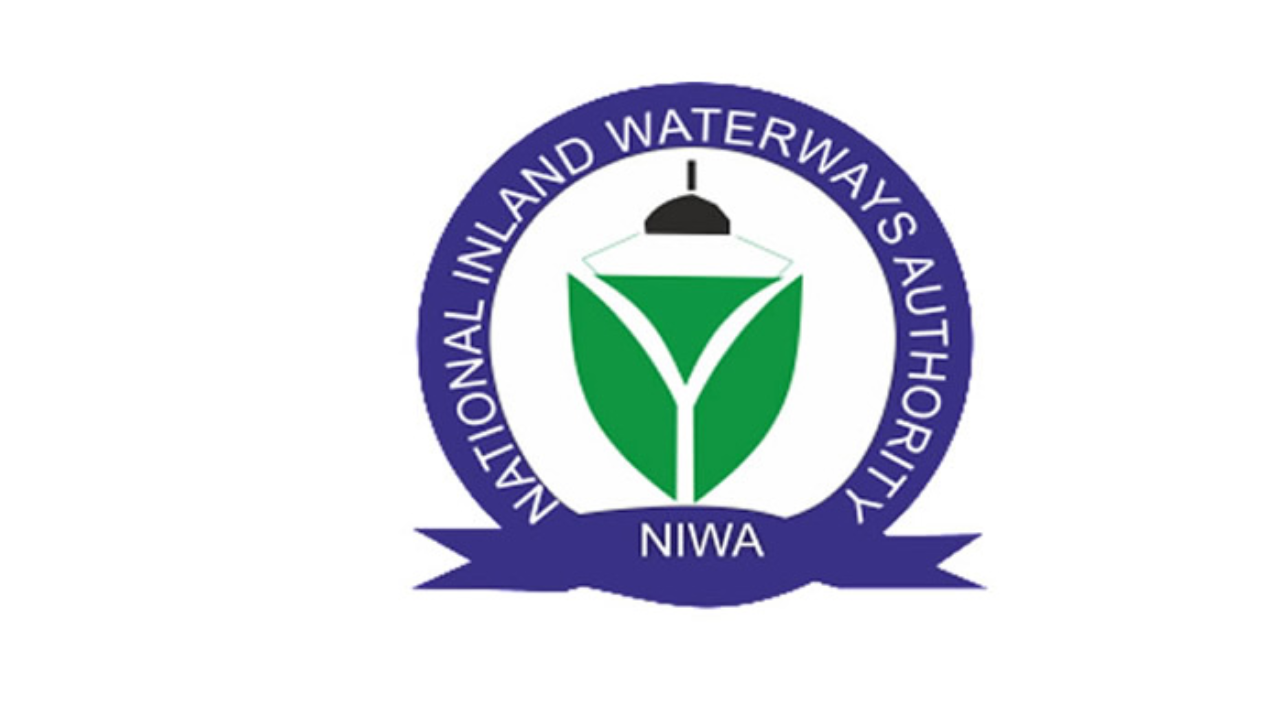



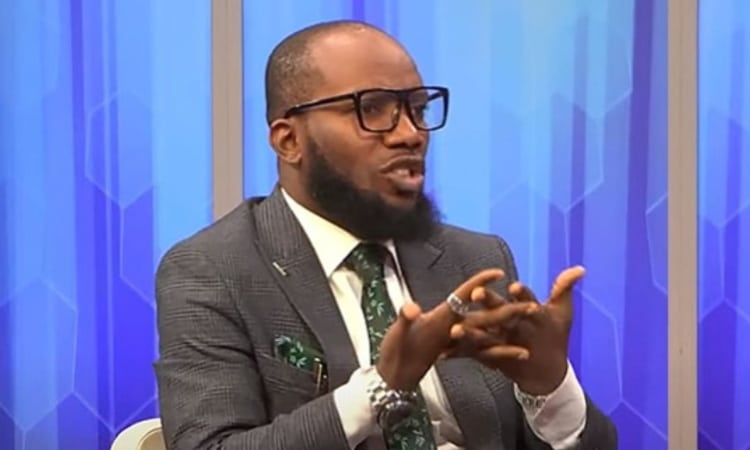


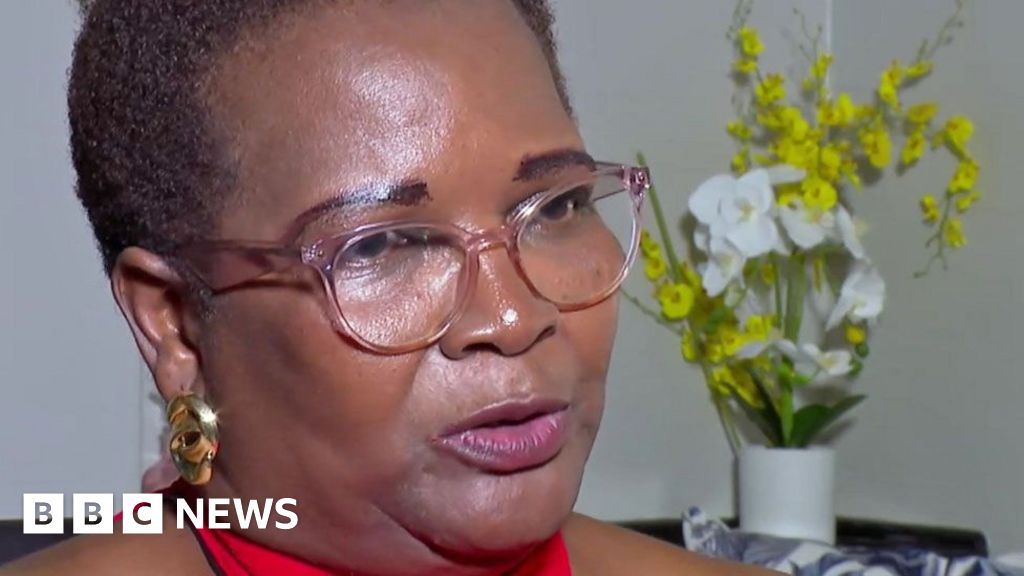
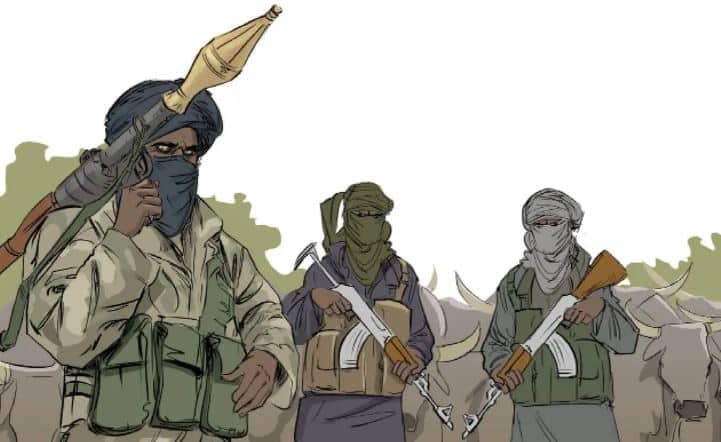


 English (US) ·
English (US) ·